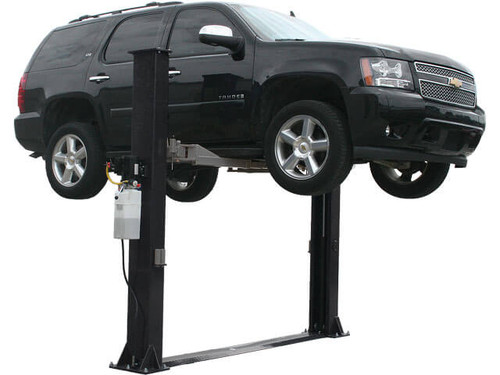TheStreet.com quoted me in Interest Rates Likely to Rise Under Trump, Could Affect Confidence of Homebuyers. It opens,
Interest rates should increase gradually during the next four years under a Donald Trump administration, which could dampen growth in the housing industry, economists and housing experts predict.
The 10-year Treasury rose over the 2% threshold on Wednesday for the first time in several months, driving mortgage rates higher with the 30-year conventional rate rising to 3.73% according to Bankrate.com. Mortgage pricing is tied to the 10-year Treasury.
Housing demand will remain flat with a rise in interest rates as many first-time homebuyers will be saddled with more debt, said Peter Nigro, a finance professor at Bryant University in Smithfield, R.I.
“With first-time homebuyers more in debt due to student loans, I don’t expect much growth in home purchasing,” he said.
Interest rates will also be affected by the size of the fiscal stimulus since additional infrastructure spending and associated debt “could push interest rates up through the issuance of more government debt,” Nigro said.
Even if interest rates spike in the next year, banks will not benefit, because there is a lack of demand, said Peter Borish, chief strategist with Quad Group, a New York-based financial firm. The economy is slowing down, and consumers have already borrowed money at very “cheap” interest rates, he said.
The policies set forth by a Trump administration will lead to contractionary results and will not spur additional growth in the housing market.
“I prefer to listen to the markets,” Borish said. “This will put downward pressure on the prices in the market. Everyone complained about Dodd-Frank, but why is JPMorgan Chase’s stock at all time highs?”
An interest rate increase could still occur in December, said Jonathan Smoke, chief economist for Realtor.com, a Santa Clara, Calif.-based real estate company. With nearly five weeks before the December Federal Open Market Committee (FOMC) meeting, the market can contemplate the potential outcomes.
“While the market is now indicating a reduced probability of a short-term rate hike at that meeting, the Fed has repeatedly indicated that they would be data-driven in their decision,” he said in a written statement. “If the markets calm down and November employment data look solid on December 2, a rate hike could still happen. The market moves yesterday are already indicating that financial markets are pondering that the Trump effect could be positive for the economy.
“The Fed is likely to start increasing the federal funds rate at a “much faster pace starting next year,” said K.C. Sanjay, chief economist for Axiometrics, a Dallas-based apartment market and student housing research firm. “This will cause single-family mortgage rates to increase slightly, however they will remain well below the long-term average.”
Since Trump has remained mum on many topics, including housing, predicting a short-term outlook is challenging. One key factor is the future of Fannie Mae and Freddie Mac, who are the main players in the mortgage market, because they own or guarantee over $4 trillion in mortgages, remain in conservatorship and “play a critical role in keeping mortgage rates down through the now explicit subsidy or government backing which allows them to raise funds more cheaply,” Nigro said.
It is unlikely any changes will occur with them, because “Trump has not articulated a plan to deal with them and coming up with a plan to deal with these giants is unlikely,” he said.
Trump could attempt to take on government sponsored enterprises such as Fannie Mae and Freddie Mac, said Ralph McLaughlin, chief economist for Trulia, a San Francisco-based real estate website.
“If he does, it’s going to be a hairy endeavor for him, because he’ll need bipartisan support to do so,” he said.
Since he has alluded to ending government conservatorship and allowing government sponsored enterprises to “recapitalize by allowing retention of their own profits instead of passing them on to the Treasury,” the result is that banks could have their liquidity and lending activity increase, which could help boost demand for homes, McLaughlin said.
“We caution President-elect Trump that he would also need to simultaneously help address housing supply, which has been at a low point over the past few years,” he said. “The difficulty for him is that most of the impediments to new housing supply rest and the state and local levels, not the federal.”
Even on Trump’s campaign website, there is “next to nothing” about his ideas on housing, said David Reiss, a law professor at the Brooklyn Law School in New York. The platform of the Republican Party and Vice President-elect Mike Pence could mean that the federal government will have a smaller footprint in the mortgage market.
“There will be a reduction in the federal government’s guaranty of mortgages, and this will likely increase the interest rates charged on mortgages, but will reduce the likelihood of taxpayer bailouts,” he said. “Fannie and Freddie will likely have fewer ties to the federal government and the FHA is likely to be limited to the lower end of the mortgage market.”









